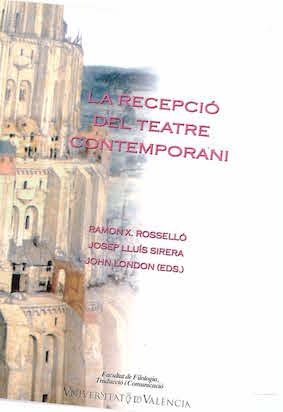Megamusicals, Memory, and Haunted Audiences: The Producers in Berlin’s Admiralspalast
DOI:
https://doi.org/10.7203/qf-elit.v15i0.3978Keywords:
Megamusical, collective memory, glocal theatre, haunted space, The Producers Abstract
Abstract
The Producers is a prime example of the so-called megamusical, yet its performance in Berlin’s Admiralspalast triggered a response specific to its local context rather than its global nature. Received in the context of Germany’s relationship to its National-Socialist past, The Producers in Berlin offers insight into the megamusical’s relationship to site and place. This article offers a discussion of the commercial musical as well as recent representations of Germany’s past in other media of popular culture such as cinema and television, in order to contextualize the reception of the performance at the Admiralspalast. The article asks further, whether the reception of The Producers in Germany can best be understood in terms of collective cultural memory (Erll, 2005) which necessarily modifies interpretative strategies (Fish, 1980) of a global community according to a local collective context.
 Downloads
Downloads
Downloads
How to Cite
-
Abstract136
-
PDF (Español)207
Issue
Section
License
 Este obra está bajo una licencia de Creative Commons Reconocimiento-NoComercial-SinObraDerivada 4.0 Internacional.
Este obra está bajo una licencia de Creative Commons Reconocimiento-NoComercial-SinObraDerivada 4.0 Internacional.
Authors who publish with this journal agree to the following terms:
- Authors retain copyright and grant the journal right of first publication with the work simultaneously licensed under a Creative Commons Attribution License that allows others to share the work with an acknowledgement of the work's authorship and initial publication in this journal.
- Authors are able to enter into separate, additional contractual arrangements for the non-exclusive distribution of the journal's published version of the work (e.g., post it to an institutional repository or publish it in a book), with an acknowledgement of its initial publication in this journal.
- Authors are permitted and encouraged to post their work online (e.g., in institutional repositories or on their website) prior to and during the submission process, as it can lead to productive exchanges, as well as earlier and greater citation of published work (See The Effect of Open Access).




